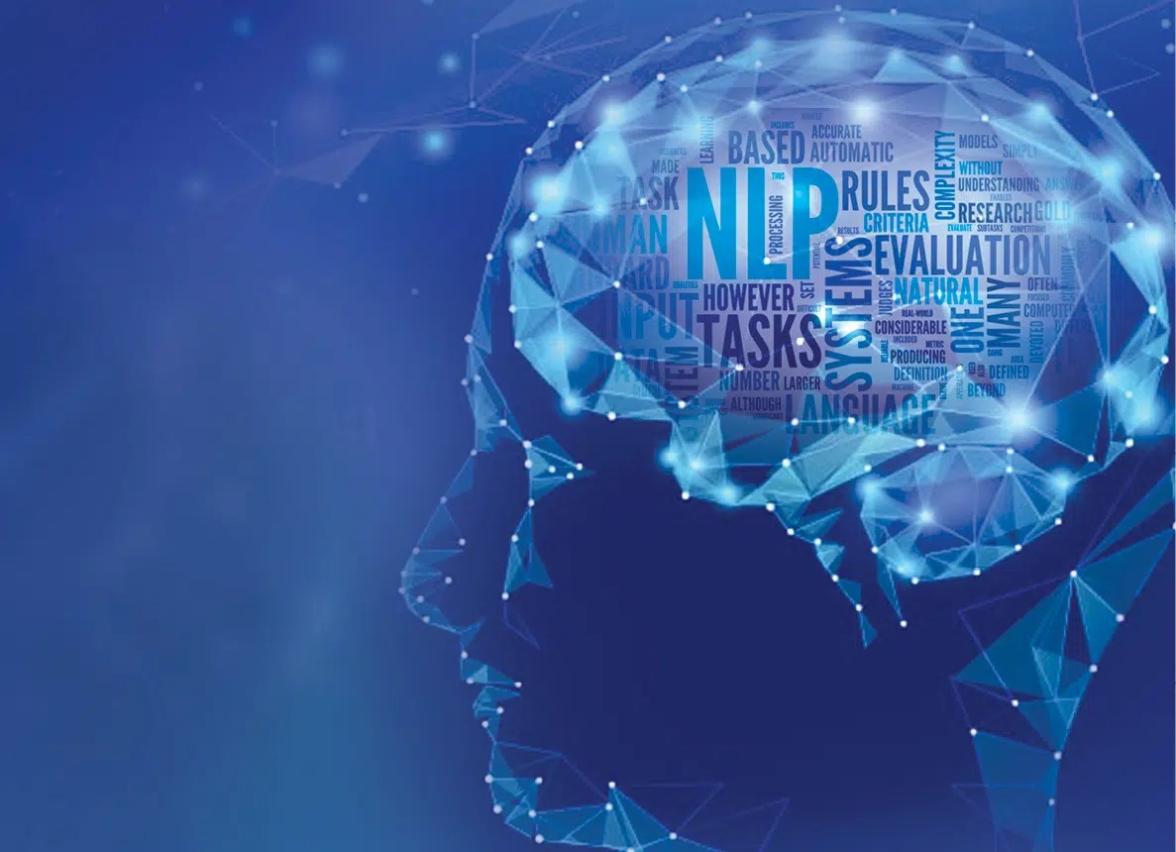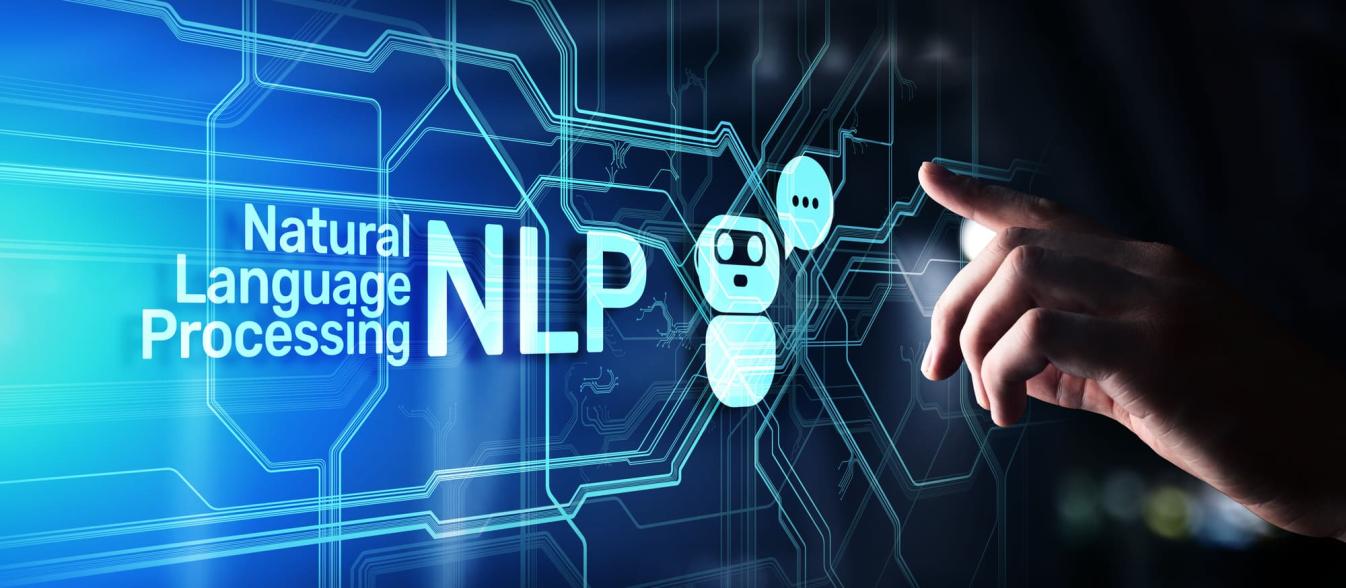How Will AI Companions Change the Way We Work and Live?
In a world increasingly driven by technology, the rise of artificial intelligence (AI) has captured the imagination of futurists, scientists, and the general public alike. Among the most intriguing applications of AI are AI companions, intelligent virtual assistants that promise to revolutionize the way we work and live.

AI companions are software programs or robots designed to interact with humans in a natural and intuitive way. They can understand and respond to voice commands, process and generate human language, and learn and adapt to their users' preferences and behaviors. This article explores the transformative potential of AI companions, examining their impact on the workplace, our personal lives, and the future of work and life.
I. The Role Of AI Companions In The Workplace
Augmenting Human Capabilities
AI companions can augment human capabilities, enabling us to work smarter and more efficiently. They can handle routine and repetitive tasks, freeing up human workers to focus on more creative, strategic, and fulfilling aspects of their jobs. AI companions can also provide real-time information, insights, and recommendations, helping humans make better decisions and solve problems more effectively.
Specific Tasks And Industries
AI companions are likely to have a significant impact on a wide range of tasks and industries. In the healthcare sector, AI companions can assist doctors in diagnosing diseases, analyzing patient data, and providing personalized treatment plans. In the financial industry, AI companions can help financial advisors manage portfolios, analyze market trends, and provide personalized investment advice. In the customer service industry, AI companions can handle customer inquiries, resolve issues, and provide support 24/7.
Real-World Applications

Several real-world applications of AI companions in the workplace already exist. For example, AI-powered virtual assistants like Siri, Alexa, and Google Assistant are widely used to schedule appointments, set reminders, and provide information. In the healthcare sector, AI companions are being used to develop personalized treatment plans for cancer patients and to help doctors diagnose diseases more accurately. In the financial industry, AI companions are being used to manage portfolios and provide personalized investment advice.
Benefits Of AI Companions
The potential benefits of AI companions in the workplace are numerous. They can increase productivity by automating routine tasks and providing real-time insights. They can improve decision-making by providing accurate and up-to-date information. They can reduce costs by eliminating the need for human workers to perform repetitive tasks. And they can improve employee satisfaction by freeing up workers to focus on more fulfilling aspects of their jobs.
II. AI Companions In Our Personal Lives
Enhancing Daily Routines
AI companions can also enhance our daily routines, offering assistance with tasks, entertainment, and companionship. They can help us manage our schedules, remind us of appointments, and provide information on the go. They can also provide entertainment by playing music, telling jokes, and engaging in conversation. And they can offer companionship by providing emotional support and simulating human interaction.
Impact On Relationships And Well-being
The potential impact of AI companions on our relationships and overall well-being is a topic of ongoing debate. Some experts believe that AI companions could lead to social isolation and loneliness, as people spend more time interacting with machines than with other humans. Others believe that AI companions could enhance our relationships by providing emotional support and companionship, particularly for those who live alone or have difficulty forming social connections.
Real-World Applications
Several real-world applications of AI companions in our personal lives already exist. For example, AI-powered virtual assistants like Siri, Alexa, and Google Assistant are widely used to control smart home devices, play music, and provide information. AI companions are also being used to develop social robots that can interact with humans in a natural and intuitive way. These robots are being used to provide companionship to the elderly, assist people with disabilities, and help children learn and develop.
Concerns And Ethical Considerations
The use of AI companions in our personal lives raises several concerns and ethical considerations. One concern is that AI companions could be used to collect and store personal data without our consent. Another concern is that AI companions could be used to manipulate or deceive us. Additionally, there are ethical concerns about the potential impact of AI companions on our relationships and overall well-being.
III. The Future Of Work And Life With AI Companions
Long-Term Implications
The long-term implications of AI companions on the nature of work, leisure, and human interaction are profound. As AI companions become more sophisticated and integrated into our lives, they could fundamentally change the way we work, spend our leisure time, and interact with each other. Some experts believe that AI companions could lead to a future where work is optional and leisure time is abundant. Others believe that AI companions could lead to a future where work is more fulfilling and leisure time is more meaningful.
Challenges And Opportunities
The widespread adoption of AI companions will also bring about a number of challenges and opportunities. One challenge is the need to ensure that AI companions are developed and used in a responsible and ethical manner. Another challenge is the need to address the potential impact of AI companions on the workforce and the economy. However, the widespread adoption of AI companions could also lead to a number of opportunities, such as increased productivity, improved decision-making, and reduced costs.
Societal, Economic, And Cultural Shifts
The widespread adoption of AI companions could also lead to a number of societal, economic, and cultural shifts. For example, the widespread adoption of AI companions could lead to a more individualized and personalized society, as AI companions are able to tailor their interactions to the specific needs and preferences of each individual. Additionally, the widespread adoption of AI companions could lead to a more globalized and interconnected world, as AI companions can facilitate communication and collaboration between people from different cultures and backgrounds.
AI companions have the potential to revolutionize the way we work and live. They can augment our capabilities, enhance our daily routines, and provide companionship and support. However, the widespread adoption of AI companions also raises a number of concerns and ethical considerations. It is important to consider these concerns and develop guidelines for the responsible and ethical development and use of AI companions. As we move forward, it is essential to embrace the possibilities and challenges that come with the advent of AI companions and to work together to create a future where AI companions are used for the benefit of all.
Call to Action:
How do you think AI companions will change the way we work and live? Share your thoughts in the comments below.
YesNo

Leave a Reply